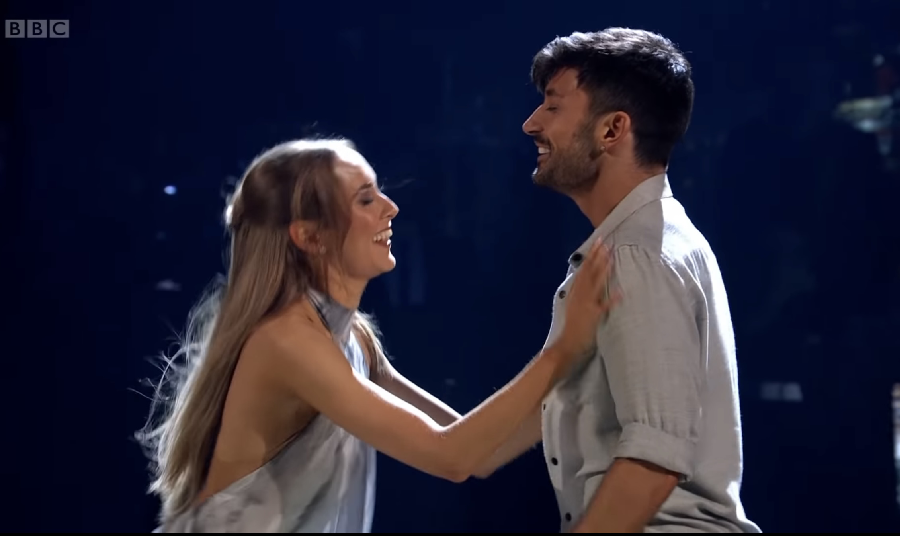Straight to it: the moment of silence during last week’s Strictly Come Dancing was profoundly moving. It came in the same weekend as Remembrance Day and the one-minute silence there, but maybe silence is stronger for being a surprise.
Well, I say a surprise. The Strictly show did go to some lengths to belabour how the dance by Rose Ayling-Ellis and Giovanni Pernice would include something for the deaf community. They did it enough that I thought about how odd it was that they were electing to spoil some moment.
But then little is done without a reason.
Ayling-Ellis and Pernice dance and it is remarkable, it’s peculiar how one pair moving to music works and another doesn’t, but this is a particularly strong performance –– and then that dance continued even as the music stopped for a time. Dances on this show are only 90 seconds long so I don’t really have the faintest idea how short this gap was, but it was a strong gap and I actually gasped.
Strictly is a shiny-floor show, and I am as unlikely to be moved by an air-once celebrity programme as I am a football match. So maybe silence is strongest when it’s a surprise and when it’s in a surprising place.
The reason for spoiling how there would be some moment for the deaf community, though, was for the community of people whose first thought is to complain. Like the audiences for Contact who left their cinema seats to go ask the projectionist what the hell they thought they were doing, losing the sound half a minute into the movie.
So maybe silence is strongest when it’s a surprise that you’ve been warned about. No, sod that. Those Contact audience people were just thick and there are always going to be thick people. The only thing I can’t be sure of is whether I’m one of them.
Strictly’s silence made me gasp. Contact’s opening sequence made me hold my breath. Both completely unconsciously.
Mind you, I think I may have held my breath a little during the first Mission: Impossible film when your man is hanging from a rope in that noise-detecting room thing.
And actually, now I think of it, it was the few frames of silence at the very start of Trainspotting that grabbed me.
Clearly, I like silence and must use it more in my writing. Starting with
